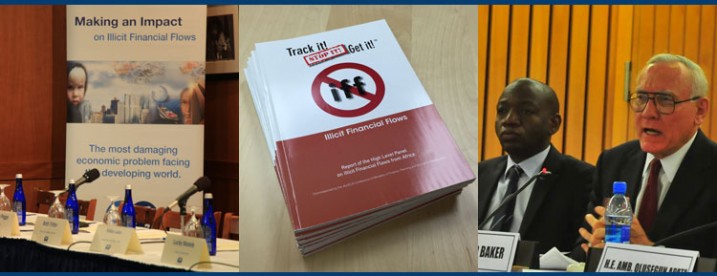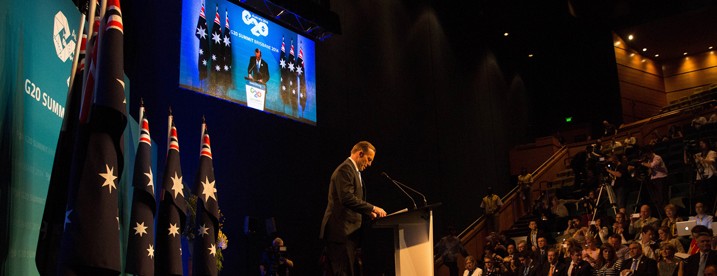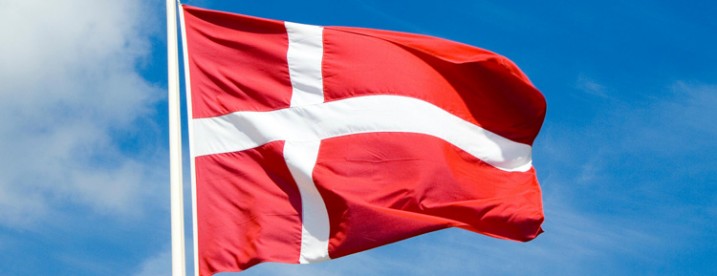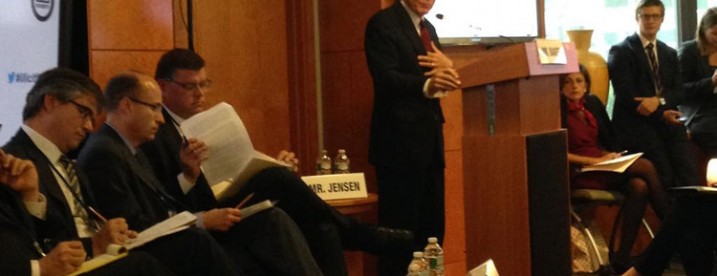By Maureen Heydt, March 16, 2020

The revelatory Luanda Leaks by the International Consortium of Investigative Journalists (ICIJ) and 35 partner organizations exposed the critical role financial service providers – frequently Western – play in facilitating massive international financial scandals. Indeed, the ICIJ...
By Sophie Haggerty, June 15, 2015

Other Countries Should Follow Norway’s Example
On June 5, the Norwegian Parliament unanimously voted to establish a public registry of corporate ownership information, becoming the latest country to tackle the abuse of anonymous companies through increased transparency.
Anonymous companies are one of the top tools used by criminals, kleptocrats, tax evaders, and terrorists to launder dirty money with impunity. Requiring companies to publicly disclose in a central registry their ultimate, human, beneficial owner(s) is regarded as the gold standard in tackling the abuse of these phantom firms.
Norway’s strong endorsement of transparency comes as no big surprise: the Scandinavian country routinely ranks near the top of transparency and anti-corruption rankings, and Norway was the first country to get behind the push to curb illicit financial flows. Their support on this topic dates back to the formation of the Norwegian Government-led Task Force on the Development Impact of Illicit Financial Flows in 2007 and their financial backing of the Financial Transparency Coalition at its inception in early 2009–long before illicit flows topped the global agenda.
In establishing a public registry, Norway joins Denmark and the United Kingdom—the first country to commit to a public registry of beneficial ownership information back in October 2013. The UK followed through with its commitment this March by passing historic legislation needed to fulfill its pledge.
By Tom Cardamone, April 23, 2015

A Quarterly Newsletter on the Work of Global Financial Integrity from January through mid-April 2015
Global Financial Integrity is pleased to present GFI Engages, a quarterly newsletter created to highlight events at GFI and in the world of illicit financial flows. We look forward to keeping you updated on our research, advocacy, high level engagement, and media presence.
The release of this quarter’s newsletter was delayed in order to include the high level roundtable GFI held on April 17. The following items represent just a fraction of what GFI has been up to since December, so make sure to check our website for frequent updates.
GFI’s High Level Roundtable: IFFs, FfD, and SDGs: Global Perspectives
Global Financial Integrity was pleased to host a high level roundtable on April 17 that focused on the relationship between illicit financial flows (IFFs), Financing for Development (FfD), and the Sustainable Development Goals (SDGs). Respected members of the public, private, academic, civil society, and multilateral sectors from around the world provided their perspectives on how to tackle IFFs, improve domestic resource mobilization, and strengthen the development of financial management.

Negotiators Finalize Revisions to EU Anti-Money-Laundering Directive, Including Crucial Measures on Beneficial Ownership Transparency
United States Continues to Lag Behind International Progress on Key Element of Curtailing Illicit Financial Flows
WASHINGTON, DC – Global Financial Integrity (GFI) applauded the European Parliament and the Council of the European Union for agreeing yesterday to crack down on anonymous companies, a major conduit for laundering the proceeds of crime, corruption, and tax evasion. Just Tuesday, GFI released its annual flagship analysis of illicit financial flows from developing countries, which found that such flows—growing at nearly twice the rate of global GDP—reached a historic high of US$991.2 billion in 2012, the most recent year for which data is available.
By Liz Confalone, December 5, 2014

Slow but Steady Progress towards Curtailing the Abuse of Anonymous Companies
In June 2013, G8 leaders met in Lough Erne and agreed to a set of principles on beneficial ownership transparency. The principles state that companies should maintain their beneficial ownership information and that the information should be available to law enforcement and other competent authorities; additionally, countries were to consider making such information available to financial institutions and other regulated businesses. Trust information should be collected and available, the principles explained, but only to law enforcement. These principles were largely reiterated by the Financial Action Task Force (FATF)—the body setting international anti-money laundering standards—in their Guidance on Transparency and Beneficial Ownership in October 2014 and by the G20 in their High Level Principles on Beneficial Ownership in November 2014.
Despite the establishment of this baseline, momentum is building since Lough Erne to raise the bar. In July 2013, the UK began the process to establish a central register of information and, after a public comment period, determined that the register should be publicly available—a position strongly supported by Global Financial Integrity (GFI). In April 2014, the European Parliament approved provisions requiring formation of public registers as part of their draft of the European Union’s Fourth Anti-Money Laundering Directive (AMLD), but the E.U. Council and the E.U. Commission have yet to take a public position on the AMLD, delaying its final adoption. Just last month, Denmark announced that it, too, would create its own public registry of beneficial ownership information.

World Leaders’ Weekend Summit Misses Opportunity to Act on Beneficial Ownership or Country-by-Country Reporting
Work Remains to Ensure Developing Countries Benefit Fully From Global Automatic Exchange of Financial Information, but Agreement to Include Developing Countries in OECD BEPS Project an Encouraging Move
WASHINGTON, DC – G20 leaders met this past weekend in Brisbane, Australia for their annual summit, issuing a communiqué full of ambitious proposals for growing the global economy, but noticeably lacking in responses to illicit financial flows, one of the largest drags on development worldwide. Global Financial Integrity (GFI), a Washington, DC-based research and advocacy organization, expressed its disappointment at the underwhelming result.

Move Strikes at One of the Biggest Tools for Laundering Money
Danish Plan Raises Pressure on European Council and Commission, G20, and U.S. to Take Action
WASHINGTON, DC – The Danish government announced today that it will create a public registry of beneficial ownership information for all Danish companies in a move lauded by Global Financial Integrity (GFI) as key to cracking down on one of the biggest tools for laundering the proceeds of crime, corruption, and tax evasion.

GFI President Raymond Baker participated in “Illicit Financial Flows on the Post-2015 Development Agenda,” a panel discussion organized by the World Bank ‘s Integrity Vice Presidency on October 11, 2014 during the 2014 IMF/World Bank Annual Meetings. The forum addressed the issue of illicit financial flows in the context of the Post-2015 Sustainable Development Agenda.
Joining Mr. Baker on the panel were (in alphabetical order) Hans Brattskar, State Secretary, Ministry of Foreign Affairs, Norway; Mogens Jensen, Minister for Trade and Development Cooperation, Denmark; Marcel, Senior Director, World Bank Group; Leonard Mccarthy, Integrity Vice President, World Bank Group; Dr. Atiur Rahman, Governor, Central Bank of Bangladesh; and Nena Stoiljkovic, Global Practices Vice President, World Bank Group.








